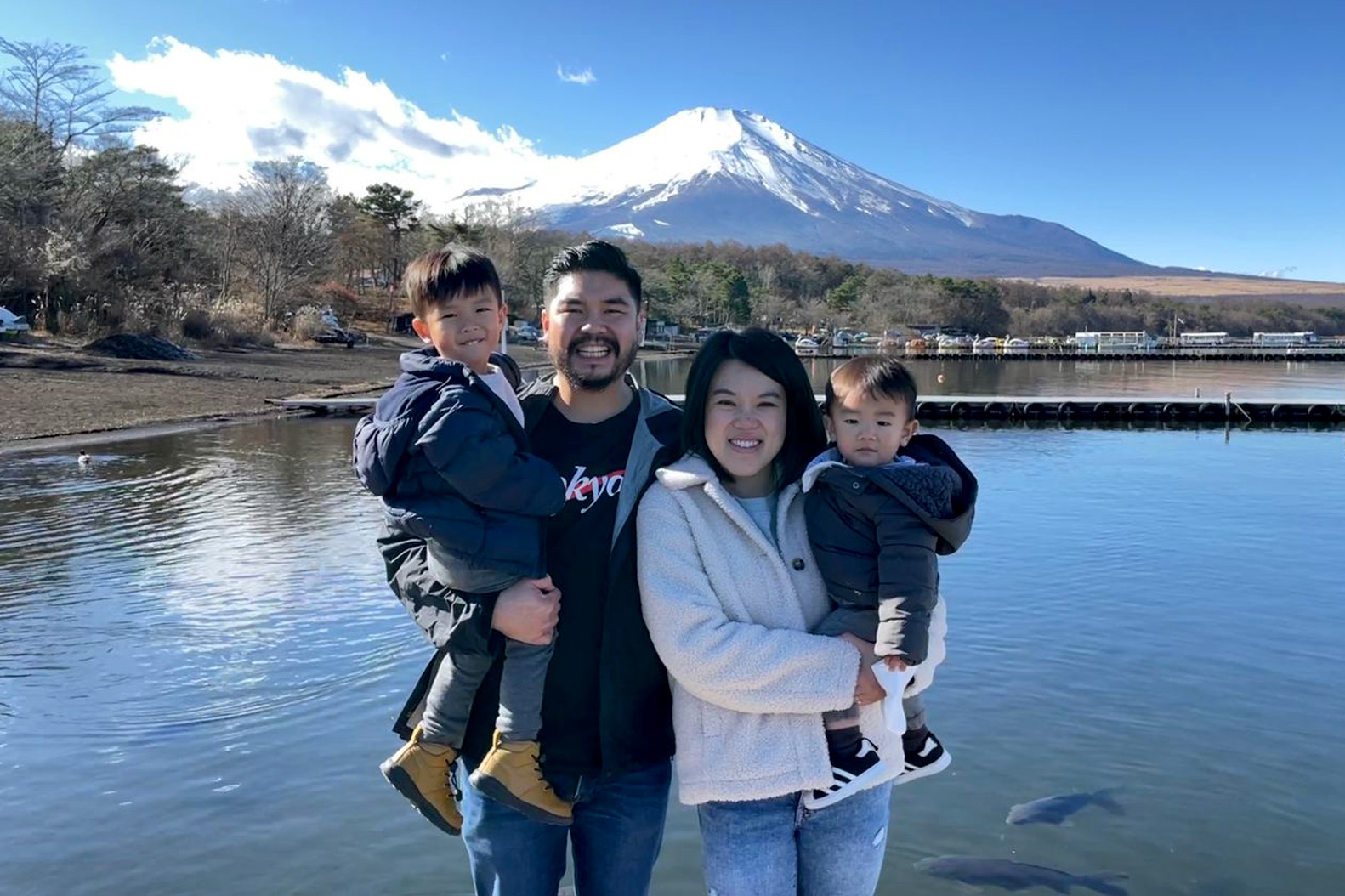JONATHAN ANG (34) and CHERYL CHUNG (33) first met in the youth ministry of Victory Family Centre (VFC) before eventually getting married and starting a family.
While pregnant with their first child, the young couple made the bold decision to relocate to Japan as a family for missions.
Ahead of the Antioch Summit, we just had to feature this amazing story filled with awesome insights on what can happen when a family puts faith before fear.
What were the biggest considerations you had before moving to Japan?
Jonathan: VFC was sending many missions teams to Japan. Our youth pastor, Pastor Jeremy Seaward, came to me and asked if I wanted to go to Japan since he knew that my calling was for missions.
Honestly, I wasn’t thinking of Japan. In fact, if you asked me, I’d rather go to a third-world country because it’s much easier to plant a church there than in a first-world country like Japan. We’ve also heard many things about how difficult outreaching is in Japan.
But I prayed about it, and found that I wanted to be in season with what God was doing in our church and in my life.
When I approached Cheryl, it was with the mindset that we are going to go, and that she should pray about it and let it settle in her heart.
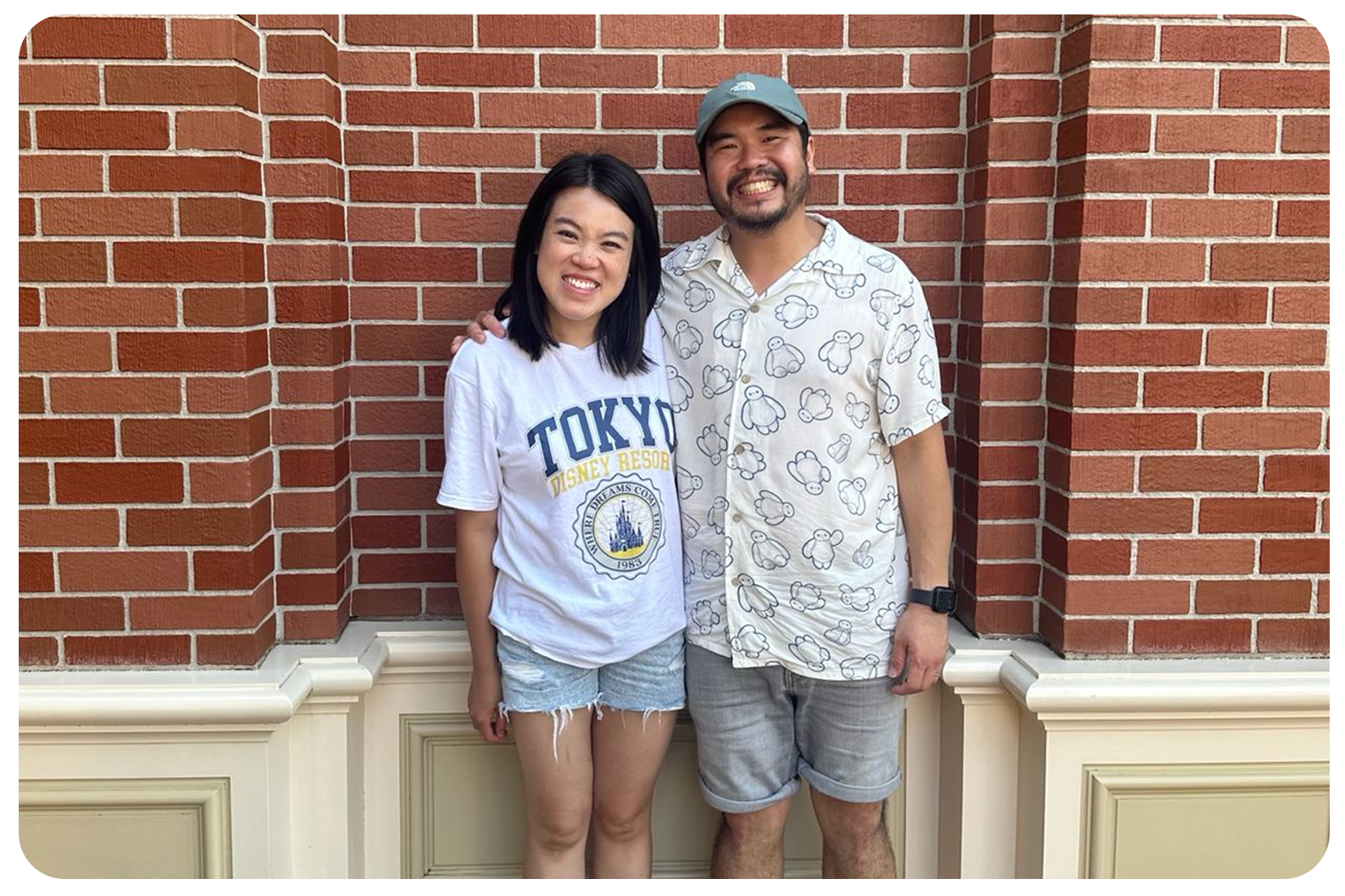
Cheryl: When Jonathan told me about this, I was in my first trimester which gave me very, very bad morning sickness.
So when I received the news, I was very shocked. I felt that the timeline was pretty short and coupled with being pregnant — everything felt overwhelming.
I was thinking, “Can I do it?” I was a first-time mum and I was really clueless. To bring a kid all the way to another country to live… that’s another thing.
But I decided to just pray and see what God says. I took awhile to do so, because I was wrestling with myself and all the decisions that we had to make.
But in the end, of course, God spoke very clearly.
Jonathan: Finances was a big issue too. At the time, Cheryl wasn’t working and I was drawing a church salary. So we were thinking about the cost to raise a kid in Japan.
In Singapore, there are a lot of subsidies for citizens. But as foreigners in Japan, it’s a different story.
When we expressed our concerns to Pastor Jeremy, he reassured us with his answer: “If it is really God’s call, then God is going to provide anything you need to raise the child.”
I was a first-time mum and I was really clueless. To bring a kid all the way to another country to live… that’s another thing.
When we got to Japan, we realised that everything related to children healthcare is free! The Japanese government also gives a certain amount every month to families which are raising children.
So in the end, it worked out way better than what we had expected.
What did God speak to you as you prayed about this?
Cheryl: There was a lot of peace. This was a big thing for me, because I faced a lot of anxiety and uncertainty.
I asked God for a clear sign and when I felt that peace, I knew that God was going to take care of us.
As long as we are obedient and faithful, God will take care of us.
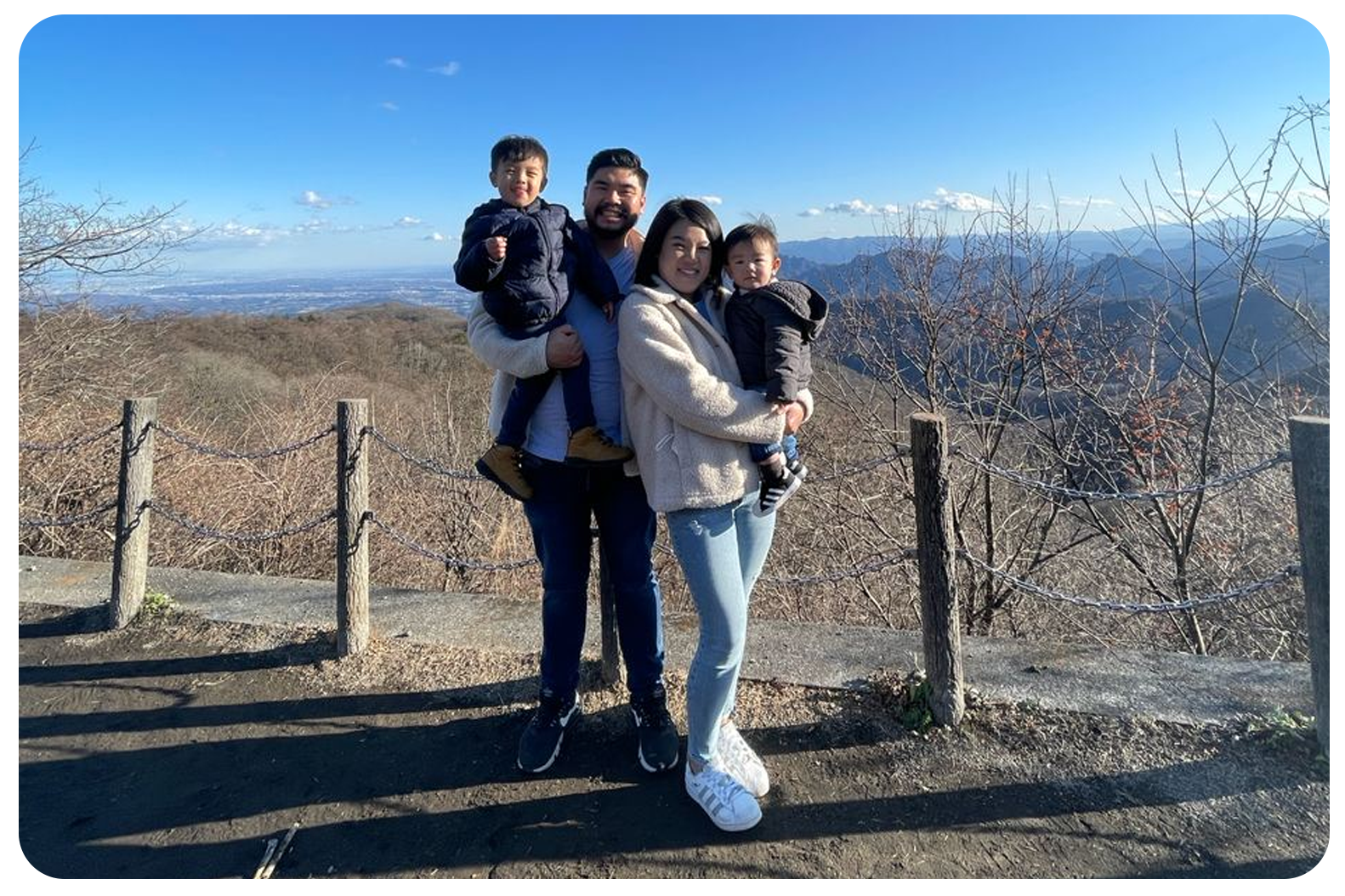
Jonathan: Fear came upon me because unlike previous mission trips, now I’m not going alone — but with my family. It wasn’t going to be easy.
But God reminded me that this is His calling for my life, and that missions is how I want to serve Him. The time is now, He has created the opportunity, so I just need to go.
There was also the thought that we are among the first from our church to go into Japan for missions, and so we are at the start of this whole revival that is going to happen.
What were some struggles you faced as a couple initially?
Cheryl: Especially as a first-time mum, I was concerned about how my child was going to survive in Japan with its different culture and language.
Because Jonathan was going to be more involved in ministry, I was going to be the primary caregiver. So it was a lot of adapting and getting used to everything, while at the same time making sure that my kid is okay.
It was very difficult initially, because there was no support — in the sense that I was the only mum in the field. The Japanese mums weren’t very friendly because they were more closed up.
My oldest boy wasn’t in school yet, so it was just me and him all the time with the team members.
Jonathan: One of the struggles we faced as a couple is working through transitions. We just had to transition from being a couple to having a kid, and now we’re transiting from Singapore to Japan. Additionally, we were each going through our own internal seasonal transitions.
At the same time, we went as a team of missionaries. So besides managing ourselves, I as the team leader also had to manage all other team members. We all stayed in the same house, so we had to keep the harmony and peace while also understanding that a seven-month-old baby was there too.
So I think there was a lot of pressure on both of us in our relationship to put others first while also caring for ourselves and our relationship.
Another thing was dealing with life without English. That was a big thing, because everything is in Japanese — like when we bring our kid for medical check-ups for instance.
The truth is, my Japanese is better than Cheryl’s because she spent most of her time taking care of our kid and didn’t really have the opportunity to study more, while I did.
So that was a curveball, because we had to strike the balance between what we can Google Translate versus what I have to be present for.
How did you overcome these struggles?
Cheryl: One way that I got through it was speaking to Jonathan and letting him know about my feelings and struggles. Not to say that he could help me all the time, but at least he understands and hears me.
Another thing was talking to people in Singapore, like my sister or my friends who were also new mums, and asking them for advice.
At the end of the day, God is good and faithful. The amazing thing is that when you step out in faith and obey, you realise that you can do more than you think you can, and God will provide more than you think He will.
We also had to have tough conversations to challenge and correct each other, and to confirm that we were in this together.
Jonathan: For me, it was about spending time to pray and waiting on God to speak and give us solutions to the struggles we faced.
We also had to have tough conversations to challenge and correct each other, and to confirm that we were in this together.
We were very transparent as we constantly communicated, prayed and discussed what we wanted to do for the struggles that we faced together.
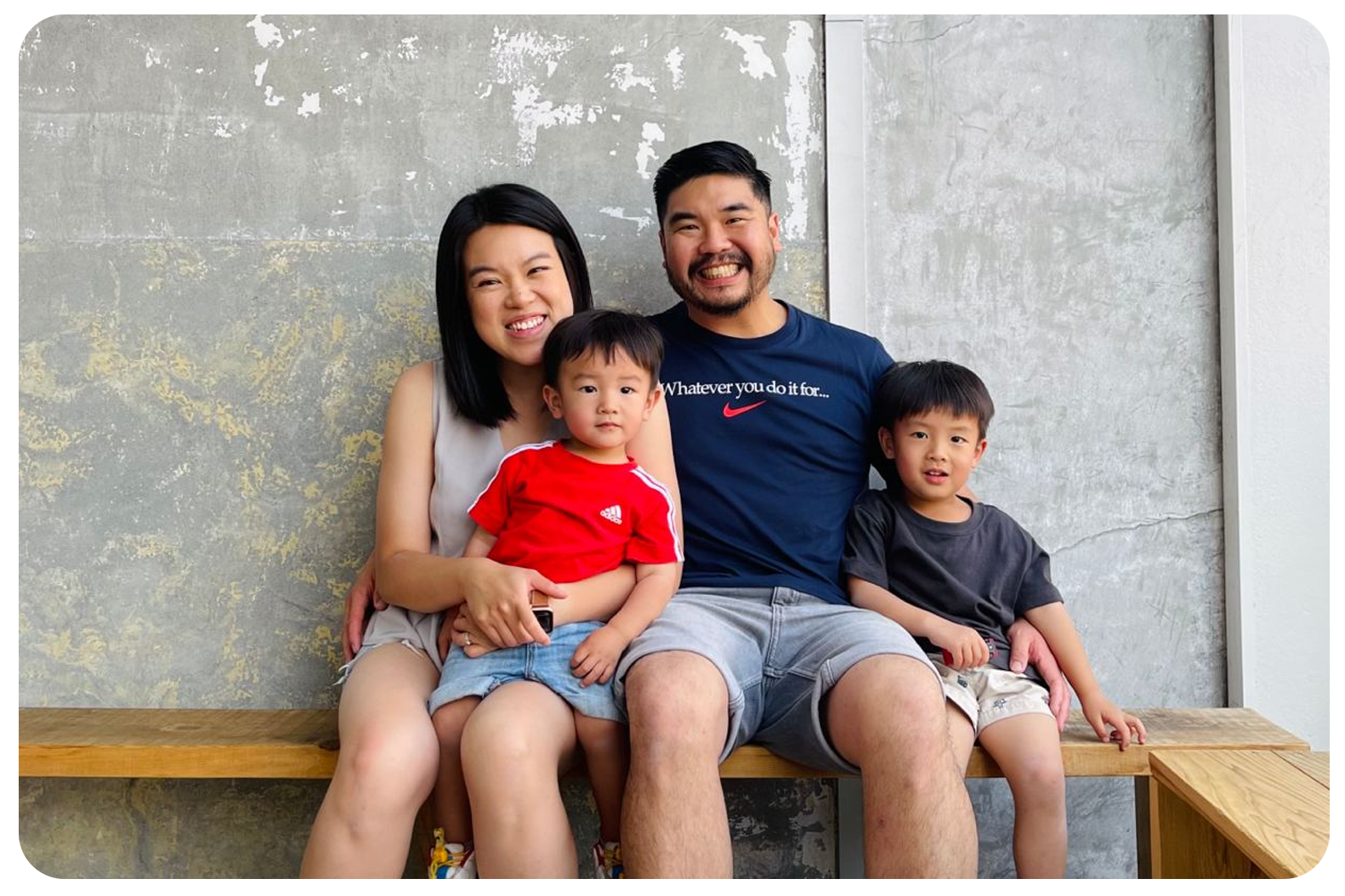
It can be easy for me to just leave the decision-making to Cheryl while I just run the ministry, but I believe it’s about getting involved in the family, being able to pray and hear from God through the struggles together.
Also, I go jogging a lot and it’s when I get my alone time. I allow God to speak as I pray to Him while jogging. It’s really important to spend time with God. Sometimes we get so caught up in doing ministry so much that we forget this.
What keeps you going when things get tough?
Jonathan: Firstly, I remember that God has called me here. God is a fruitful God, so He didn’t call me here to waste my time.
There is something at the end of it that we can reap. Whether it’s a harvest, whether it’s a learning point for my family… it helps to know that as I stick with the mission and not give up, there’s a blessing.
I also remind myself that God is a creative God — He will give us ideas to solve our issues.
Cheryl: Similar to Jonathan, it’s about knowing that God called us and that He spoke very, very clearly. It’s being able to trust that God is going to help us since He called us.
It’s also knowing that my role here is to support Jonathan. Whether it’s taking care of the family and the house, or even supporting him in certain things in ministry.
Knowing that God is going to help us keeps me going; He’s going to help us get through anything that we face.
Jonathan: God also sends people to encourage us at the right time.
Sometimes as missionaries, we can get a little discouraged. Like, we’re working hard but nobody remembers us. Our leaders are not physically present to check in on and care for us.
But at low points, God sends people to check in on us without us even saying anything. He knows when we need it.
At the same time, we should also not be afraid to voice out to our leaders when we are struggling, to make prayer requests and ask for advice. However, we don’t place expectations on people to have to take care of us.
What thanksgiving do you have as a family in the missions field?
Cheryl: In terms of ministry, I am thankful that we have quite a stable and steady church service going on every week.
We can wake up every Sunday and instead of wondering whether there will be people at all, we can think about whether there’ll be new people coming.
Family wise, we thank God that both our kids are well and doing good. Both of them have had an episode of febrile seizure before, so that was quite scary for me and I got a bit paranoid.
So, I thank God that they’re doing well and that they can actually adapt pretty well to transitions, which is a big part of missionary work.
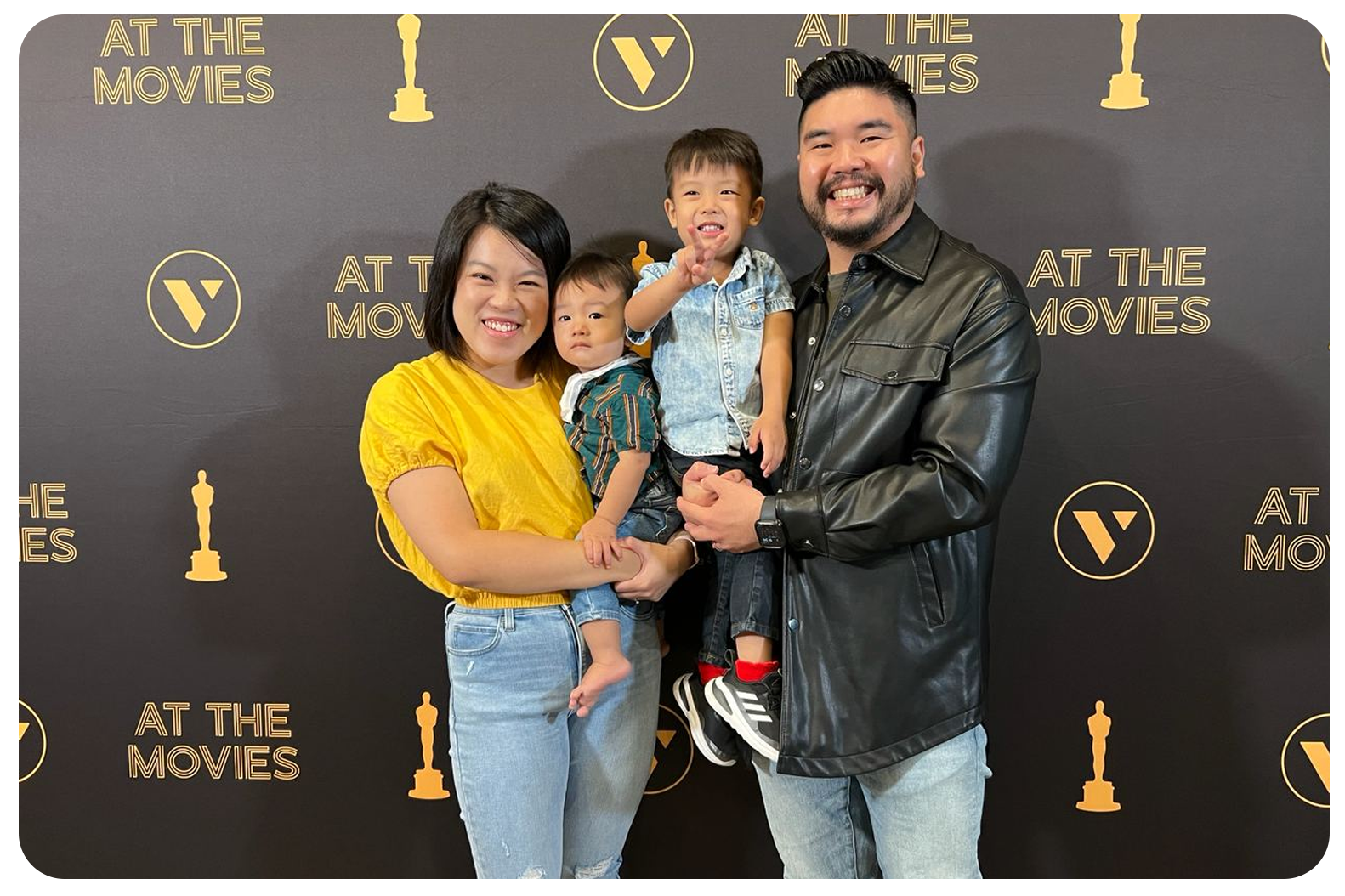
Jonathan: I am thankful that, as a couple, our understanding of each other has grown. Being under pressure and finding out so many things about ourselves in this field, we grew stronger in our love and understanding for each other.
As missionaries, we’re exposed to a lot of attacks and distractions from the Devil. We experienced a lot of medical issues with our sons, but it always turns out okay — so we thank God for His protection!
Raising our kids in a missions environment also helps to set a foundation for their faith in the future. Our older son is bilingual in English and Japanese, which is something that he caught himself!
What challenges does a young family face in the missions field?
1. Differing cultures
Jonathan: Japan is a very open society, so there are things that we need to draw boundaries around. We need to teach our kids about things that they should avoid looking at or doing.
An example of this: our eldest son goes to a childcare where they do festival-related stuff as part of Japanese culture. But in Singapore, we would view it as a religious activity belonging to another religion.
So, we really need to be observant and aware about things like these.
Cheryl: Another thing is discipline. In Japan, parents usually give into their children because it’s all about face, and they don’t want to be embarrassed in public.
Our son catches onto these things in school and brings it home, so we have to help him understand that just because other people do it doesn’t mean he can do it too.
Our Japanese friends can also be shocked by the different way in which we discipline our children, so we have to explain to them this differing aspect of our culture.
2. Leaving behind family
Jonathan: Living in Japan, you don’t have people to help you when you need it.
In Singapore, you have your grandparents, siblings, uncles and aunties to help you. But we’re in an environment where we just have to do everything ourselves.
We really struggled during COVID because nobody could visit. We couldn’t visit home, and they couldn’t be with us.
When our second son was born during the COVID period, our parents didn’t get to see him until almost a year later.
So, we have to be very intentional to set aside time to connect with the grandparents over Zoom or FaceTime (thank God for technology!).
We came back to Singapore in July 2023, and the last time my kids met their grandparents in-person was in December last year.
But because we were so intentional about connecting, they hadn’t forgotten their grandparents when we came back to Singapore.
Cheryl: It’s more of a struggle for those in Singapore because they miss out on milestones with the children and on opportunities to spend time with them. But like Jonathan said, it’s about being intentional.
For example, during birthday celebrations, we always make sure to call up relatives to make sure that we are all still connected.
How would you advise or encourage those who are wondering about marriage in the missions field?
Jonathan: Missions isn’t a pause to your life – it enhances your life. You learn so much more about yourself, and even about what you want in life.
Cheryl: It’s also about enjoying the season that you are in. God put you where you are, in your season, for a reason. Take in as much of what God wants to teach you in that moment. At the end of the day, it’s also about trusting God.
God put you where you are, in your season, for a reason.
People, especially girls, also sometimes talk about a “biological ticking clock”; we want to get married and have kids by a certain time.
I would say, trust God in that process. If you feel that this season of your life is to go out into the missions field, then trust that God will take care of your needs.
God knows what you want. Marriage, children… He knows. He will take care of those aspects for you. On the other hand, you also need to understand the season that God has put you in.
Jonathan: God doesn’t short-change anyone. In fact, God will bless you even more because there is obedience involved.
Many singles have the mindset of: “If I go, I’m missing out on one year.” But instead of waiting for things to happen before missions, why not believe that God may bring both a relationship and missions together?
Cheryl: Don’t be scared! God has got your back. It might not be smooth sailing, but God always has the answers.
It’s always easier said than done. But as people who have been through it, our advice is to trust God and step out in faith — you can trust that it’ll all turn out well.
ANTIOCH SUMMIT IS HAPPENING THIS WEEK
The ANTIOCH SUMMIT (that’s all about missions!) is taking place on 7-9 September 2023 at ACS Barker Road Campus. Registrations are now open — and there are two tracks.
- SENIOR LEADERS: Senior leaders of local churches and missions agencies should join the Leadership Conference which starts a little earlier on Day 1 (7 Sep, 9am to 5.30pm)
- ALL OTHERS: For all who are interested, preparing to go, eager to explore. This official programme starts in the evening of Day 1 at 7.30pm
The registration fee for Students and NSFs is $20 and the Adults’ fee is $40.
Come and be a part of the moment where Singapore is re-fired and re-tooled for God’s global missions in the years to come. See you there!


